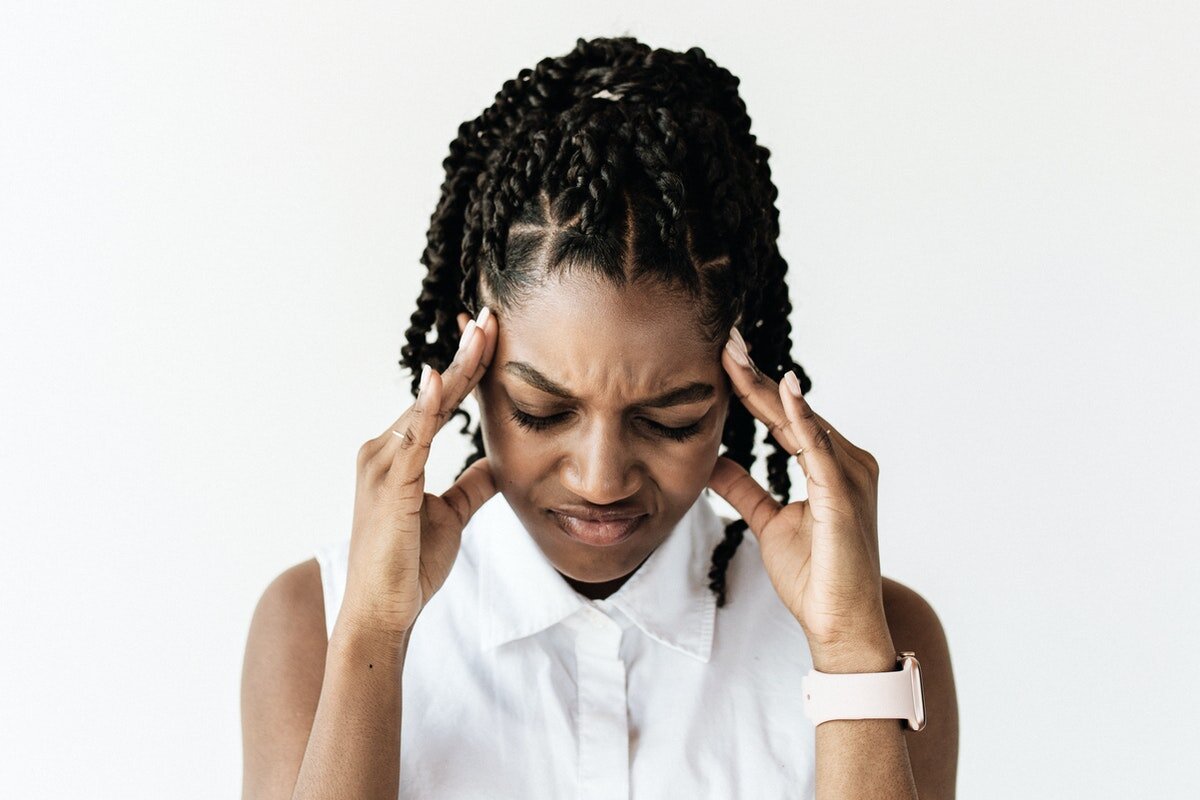Stress, Lockdown & Alcohol
We don’t need to say how challenging the past year has been. The Stress Management Society found that 65% of UK adults surveyed reported feeling more stressed since the initial lockdown.
Blog 1/2
“Stress is the feeling of being under a level of mental or emotional pressure beyond your ability to cope. The root causes of stress will differ from person to person, and a stressful situation for one individual may not produce the same level of stress in another.”
I’m pretty sure that most people can relate to feeling stressed at some point. What we still seem to struggle with is how to manage stress in healthy and productive ways. This year’s campaign aims to help people regain Connectivity, Certainty and Control.
Stress can affect how we feel physically and psychologically, as well as how we behave. Over reliance on alcohol or other substances to manage stress can be one of those behavioural consequences. A Mental Health Foundation (2006) report found that 88 per cent of people said they would find it difficult to give up drinking completely as it helps them relax. Alcohol as a coping mechanism can be a slippery slope and can reinforce and contribute to the original stressor.
So what can you do? Let’s look at a 3-step process to managing stress.
1. Recognise and acknowledge the stress.
2. Find the cause
3. Problem solve
Recognise and acknowledge
It sounds obvious but taking a moment to acknowledge your situation is the first step. What have you noticed about yourself and how happy are you about it? For many people there is that acknowledgment that alcohol has become a crutch for dealing with stress. Signs of stress can vary from one person to the next. It’s important to know what to look out for within yourself. So, what are your warning signs? Write your list down.
Here are some common signs of stress to kick start your list:
o Headaches/migraines
o Difficulty switching off
o Being short-tempered
o Poor sleep
o Preoccupied with worry
o Changes in your appetite
The Stress Management Society have a free online stress test which may give some insights.
Find the cause
Rather than soldiering on through, take a step back and reflect on what is causing you to feel stressed. Write it down, it may be one particular thing or a few things. You may also notice that other behaviours are feeding into the stress – like an increase in the amount or times your drink alcohol, staying up late watching tv, snacking, answering work emails out of work hours, or avoiding seeing people.
Knowing what is contributing to the situation will give you an opportunity to explore alternatives.
Problem solve
In times of stress it is common for people to feel overwhelmed by the perceived loss of control. There are many things we can’t control, like the pandemic and lockdowns, but this does not mean we can’t influence our situation. We can focus on the way we think, the things we do, and how we deal with physical symptoms of stress. We can set small goals to help up feel more in control and more confident to manage the situation at hand. If you know what is causing you to feel stressed then you can begin to work through some options.
1. Identify the problem
2. Write down all the solutions you can think of – it is important to list all options here as actions you can take.
3. Write a list of the pros and cons of each option – what is good and what may be challenging, what might you need to do to support the solution?
4. Choose the one that feels best for you and try it
5. Evaluate – how did it go, do you need to make any other adjustments?
Remember these actions can be small and relatively simple things, others may require some advice or support.
Remember it takes 30 days to develop a habit, so these actions should be incorporated into your daily routine until they start to feel familiar and predictable. The Stress Management Society have a 30 day challenge to help people develop some new habits to help with stress. They have a load of suggestions to help you get those small goals going. Remembering that everyone’s journey to change is different, the way you do it will be unique. It is important that the plans you make are achievable and work for you and that you keep reflecting and trying new things until you find a routine that works.
References
British Psychological Society (2021). Stress. Webpage available at: https://www.bps.org.uk/public/a-z-of-psychology#S
Mental Health Foundation (2006). Cheers? Understanding the relationship between alcohol and mental health. Available at: https://www.drugsandalcohol.ie/15771/1/cheers_report%5B1%5D.pdf
Stress Management Society (2021). A study on the impact of stress and mental health as a result of the pandemic. Available at: https://www.wellbeing.work/blog/a-study-on-the-impact-of-stress-and-mental-health-as-a-result-of-the-pandemic/



